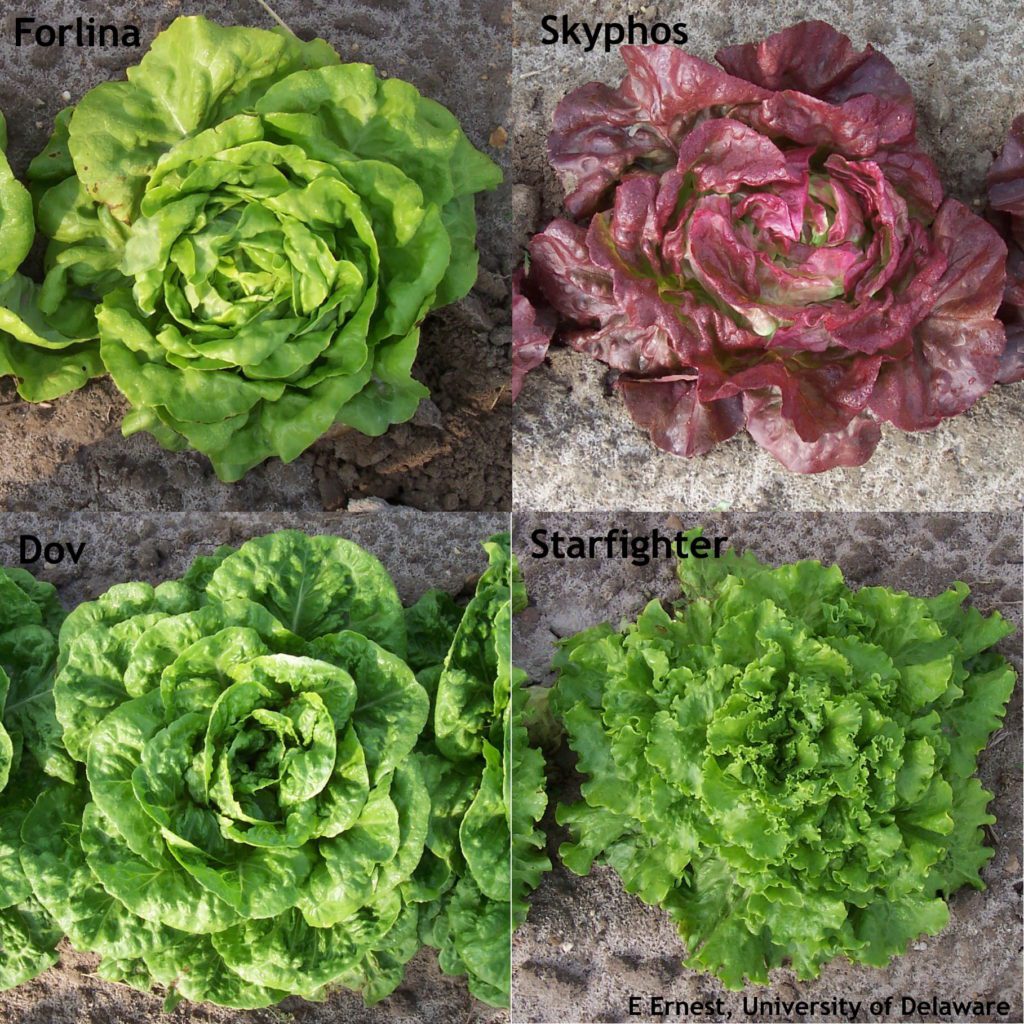Apr 3, 2020Some heat-tolerant vegetable varieties to consider
As you make your variety selections for 2020 you might want to consider trying a few heat tolerant varieties. Some vegetables, such as eggplant, okra and sweet potatoes, are inherently very heat tolerant. In other crops there are notable differences in heat tolerance between varieties and some varieties have been selected particularly for heat tolerance. In Delaware we can experience temperatures that exceed what is ideal for certain vegetables, especially from late June through August. Try targeting heat tolerant varieties in the planting window that is most likely to be exposed to high temperatures in the crop’s heat susceptible growth stage.
Snap Beans
In the early flowering stage, snap beans are susceptible to yield and quality loss from high night temperatures (above 70 °F). High night temperatures damage pollen in developing buds and prevent pollen release when the flowers open. As a result, seeds do not set. Pods with low seed set may drop off the plant or mature with only a few seeds, resulting in deformed, unmarketable pods. Over the past three years I have evaluated snap bean varieties for heat tolerance in Delaware and the following varieties maintain yield and quality during heat events: PV 857, Annihilator and Dominator (round podded) and Usambara (flat podded).
Unstressed or heat tolerant bean plants produce full-length pods with even seed development, left. Moderate heat stress can result in pods with some missing seeds, center. Bean plants affected by heat stress produce shorter, deformed, unmarketable pods, right.
Tomatoes
High temperatures can interrupt fruit set in tomatoes, again by interfering with pollination. Even in varieties with good “heat set”, high temperatures can cause fruit quality problems like yellow shoulders and internal white tissue. Gordon Johnson conducted a heat stressed tomato variety trial in 2019. The varieties Red Bounty and STM2255 maintained the best yield and quality under heat stress in that trial.
Lettuce
Lettuce bolts and becomes bitter when exposed to high temperatures. Some varieties are slower to bolt but may still develop a bitter flavor when exposed to heat. Based trials I did in 2012, 2018 and 2019 the following varieties resist bolting and are slow to develop a bitter flavor. (All lettuce will eventually bolt and turn bitter.) Butterhead: Forlina, Salanova® Green Butter, Salanova® Red Butter, Skyphos; Leaf: Starfighter; Romaine: Dov and Arroyo.
A variety trial where many varieties bolted due to high temperatures, but some did not.
Sweet Corn
In trials I conducted in 2019 the following sweet corn varieties performed well under heat stress conditions for a mid-July harvest (planted on May 21): Bicolor Supesweet: Affection and Nirvana; White Supersweet: Xtra Tender 378A and XTH 3174; White SE: Whiteout and Mattapoisette
Broccoli
Based on research done by Thomas Björkman and Karen Pearson at Cornell University, broccoli is most susceptible to heat stress (temps > 90 °F) in the early head formation stage. The susceptible window includes the 10 days prior to when a tiny crown of 5-10 mm is visible at the center of the plant. Once the crown is visible, the most susceptible stage has passed. Prolonged heat exposure in the susceptible window results in uneven head development, leafy heads and variable bead size. Delaware variety trials found that varieties that are more tolerant of heat stress include Eastern Crown and Millennium. Regional trials in 2019 showed that Abrams performed well under hotter conditions.
Brussels Sprouts
In trials done by Gordon Johnson in 2018 and 2019 Hestia, Marte, and Dagan Brussels sprouts varieties produced well under southern Delaware’s stressful growing conditions.
– Emmalea Ernest, Associate Scientist Vegetable Crops, University of Delaware
Photo at top: Heat tolerant lettuce varieties.


















